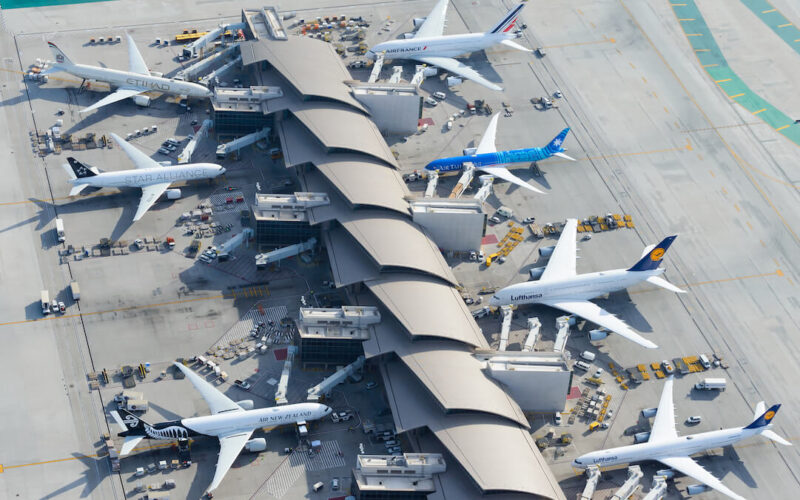The International Air Transport Association (IATA) has addressed the skilled labor shortage facing ground handling operations worldwide at the 33rd IATA Ground Handling Conference in Prague.
The association said that it is focusing on standard and digitalisation in order to build resilience and ensure long-term sustainability post-COVID-19 pandemic for ground handling activities.
“There will be challenges as ground handling operations ramp up to meet growing demand as the aviation industry’s recovery from COVID-19 progresses. Overcoming labor shortages, ensuring safety with strict adherence to global standards and digitalization and modernization will be critical to achieving a scalable restart,” said Monika Mejstrikova, IATA’s Director of Ground Operations.
IATA is aware that ground handling providers are facing severe skills shortages and challenges in retaining and recruiting staff. In a statement, it outlined the following strategies and priorities for labor, safety and digitalization:
Labor
To retain skilled staff, governments should include ground handlers in wage subsidy programs
To speed up training processes, the use of competency-based training, assessments and online training formats should be increased, and training requirements harmonized
To increase the efficiency of staff utilization, a training passport should be developed that would mutually recognize skills across ground handlers, airlines and/or airports
Mejstrikova added: “Many skilled employees have left the industry and are not coming back. And recruiting, training and accrediting new staff can take up to six months. So, it is critical that we retain current staff and find more efficient ways of onboarding new personnel.”
Safety
IATA emphasized that global standards are the foundation for safe operations. It referred to two key tools for ground handlers: the IATA Ground Operations Manual (IGOM) and the IATA Safety Audit for Ground Operations (ISAGO).
IGOM: IATA called for the ground handling industry to accelerate the global adoption of IGOM to ensure worldwide operational consistency and safety. To support this, IATA has launched the IGOM portal. A user-friendly online platform where airlines and ground handlers can share the results of their gap analysis between company procedures and IGOM, offering a global benchmark for harmonization and driving efficiency.
ISAGO: IATA urged governments to recognize ISAGO in their regulatory frameworks for oversight. This will deliver significant benefits, including greater harmonization, Safety Management System (SMS) implementation by the ground handlers, and reduction of duplicate audits that providers are facing.
“The aim is for global adoption of IGOM and ISAGO. The IATA online portal will give a boost to this effort,” said Mejstrikova.
Digitalization and Modernization
Digitalization can drive process improvements that will be critical to improving both sustainability and productivity. IATA pointed to the CEDAR (Connected Ecological Digital Autonomous Ramp) initiative as a key driver of digitalization and modernization.
CEDAR focuses on:
Digitalization of aircraft turn around
Modernization of ground support equipment and processes
Enhanced stand design
“Harnessing data to improve safety and efficiency is crucial for the ground handling industry. CEDAR is the blueprint to address this. The overall aim is to be able to make data-based operational decisions that will cut costs, improve performance and contribute to the industry’s net zero commitment,” said Mejstrikova.

